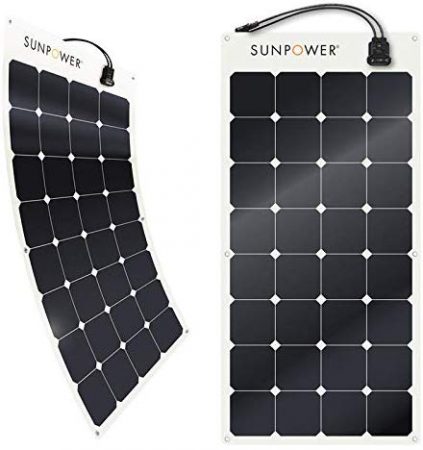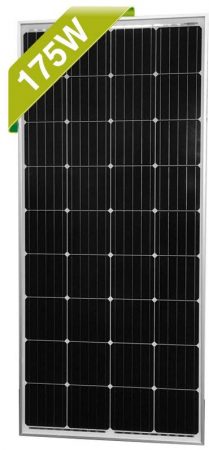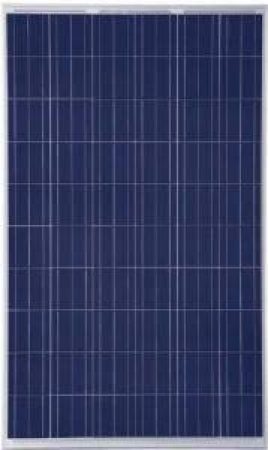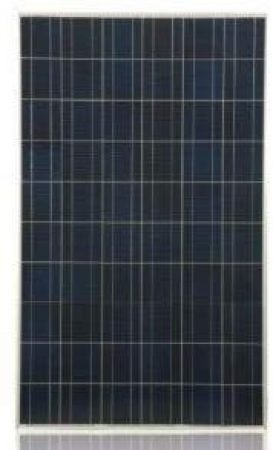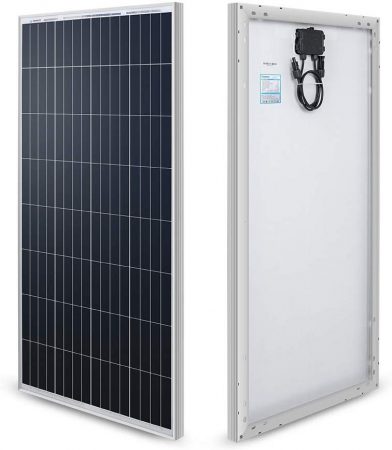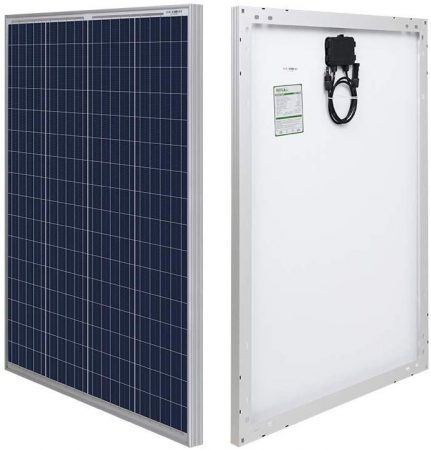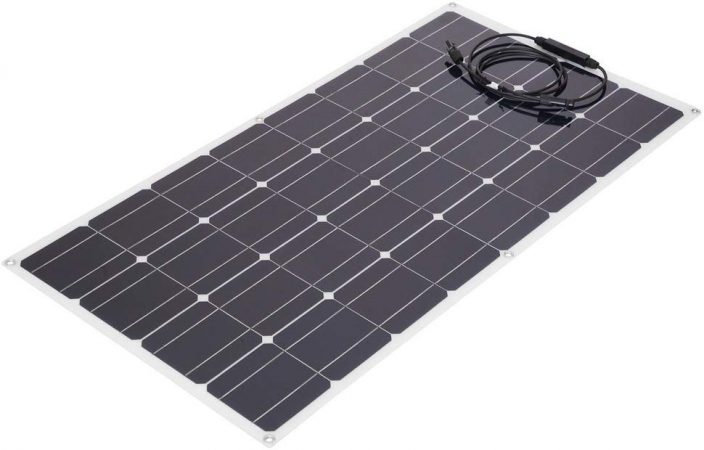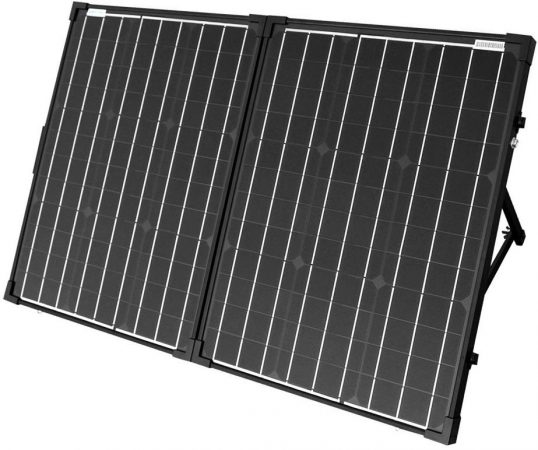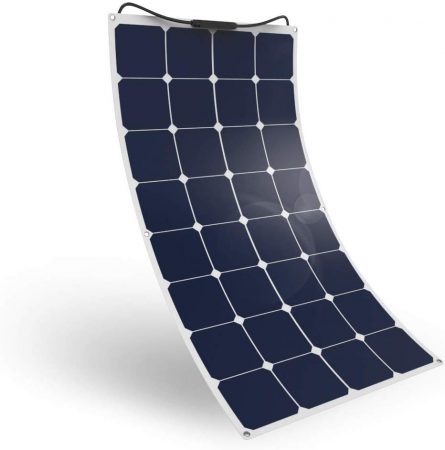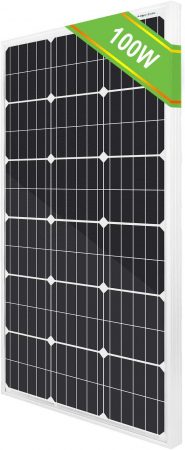Solar panels have proven to be one of the best available options to power your appliances. Installations have proven feasibility at utility, commercial and residential scale with remarkable results, saving a lot of money in electricity.
Moreover, as a backup power source when the grid fails, solar panels are the eco-friendly solution that will last over 25-years and that is noise-free and that does not require refilling diesel or gasoline to run.
Since they are the best option for the off-grid market, we have developed a short guide that will show you some of the most efficient solar panels along with some valuable tips that you will appreciate at the time to buy photovoltaic modules. Let’s get started.
Types of Most Efficient Solar Panels
Solar panels can be classified according to technology and mounting type.
If we refer to technology, then the most efficient solar panels can be classified into two main groups: monocrystalline and polycrystalline modules.
Polycrystalline vs Monocrystalline Technology
Monocrystalline modules are the top efficiency option in most cases. These solar panels are made from a single silicon crystal using a method called Czochralski that results in large cylindrical ingots which are sliced to make silicon wafers.
On the other hand, polycrystalline modules were the first to enter the market and are less efficient than their counterparts. Depending on the brand, they can compete with other low-quality monocrystalline modules, however, if we compare top quality brand polycrystalline solar panels against top quality monocrystalline modules, the higher efficiency will always be referred to the monocrystalline option. The greatest advantage of these models is related to their balance between costs and power outputs.
Fixed vs Flexible Modules
The other classification is mainly referred to the type of mounting that the module is suitable for.
Traditional solar panels are designed to fit rigid or square spaces, ideally roofs or ground mounted scenarios where the modules have a flat shape. These modules are known as fixed solar panels and they need a flat surface that supports them.
However, due to the expansion of the solar energy market, photovoltaic modules needed to reach other sectors as well, such as trailers, boats, cabins, and cars where curved surfaces do not allow fixed solar panel installation.
The solution that came out was to create a flexible solar panel that could be installed on curved surfaces and bend as much as possible without breaking or reducing power output. These modules are known as flexible solar panels and they can be integrated either for flat or curved surfaces.






